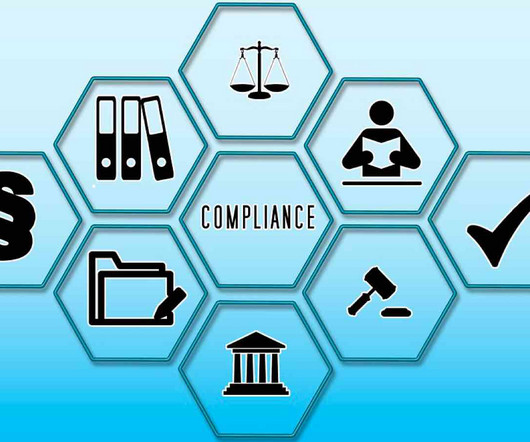The Best Way for a Business to Handle Chargeback Management
Clearly Payments
NOVEMBER 18, 2024
Skills Required: Attention to detail, familiarity with card network rules, and proficiency in analyzing transaction data. Team Lead/Manager Responsibilities: Oversee the chargeback team, ensure compliance with policies, and liaise with other departments like legal or finance.












Let's personalize your content